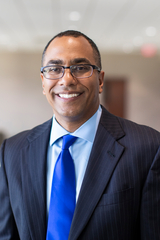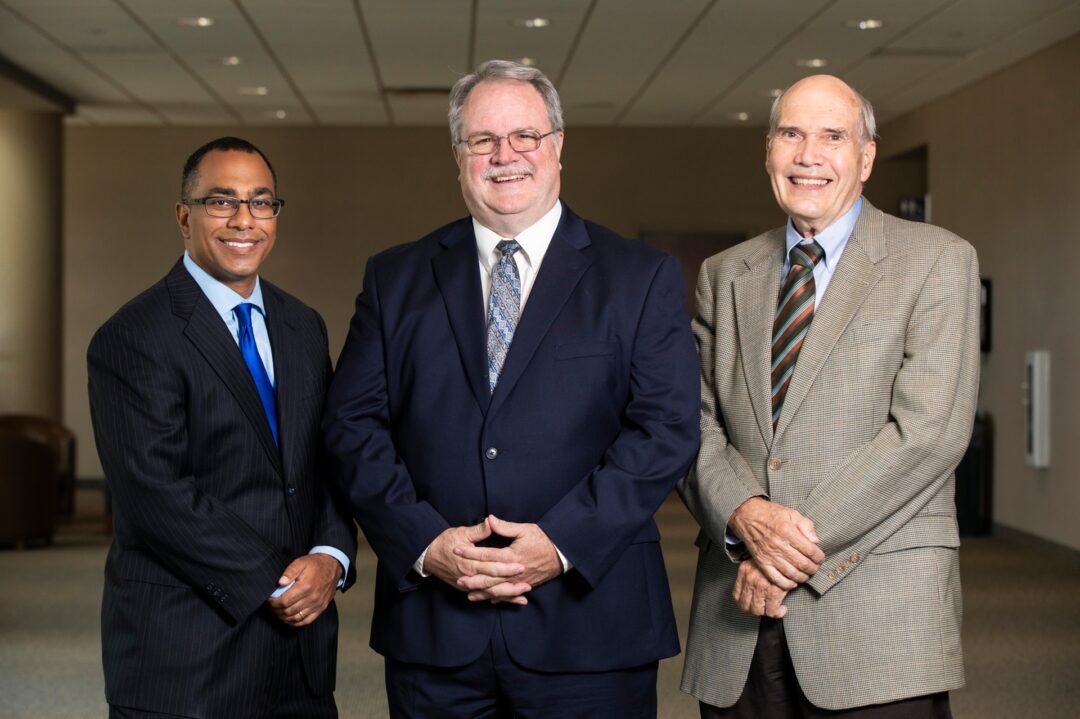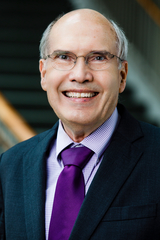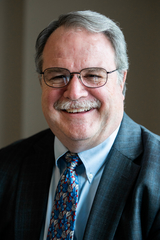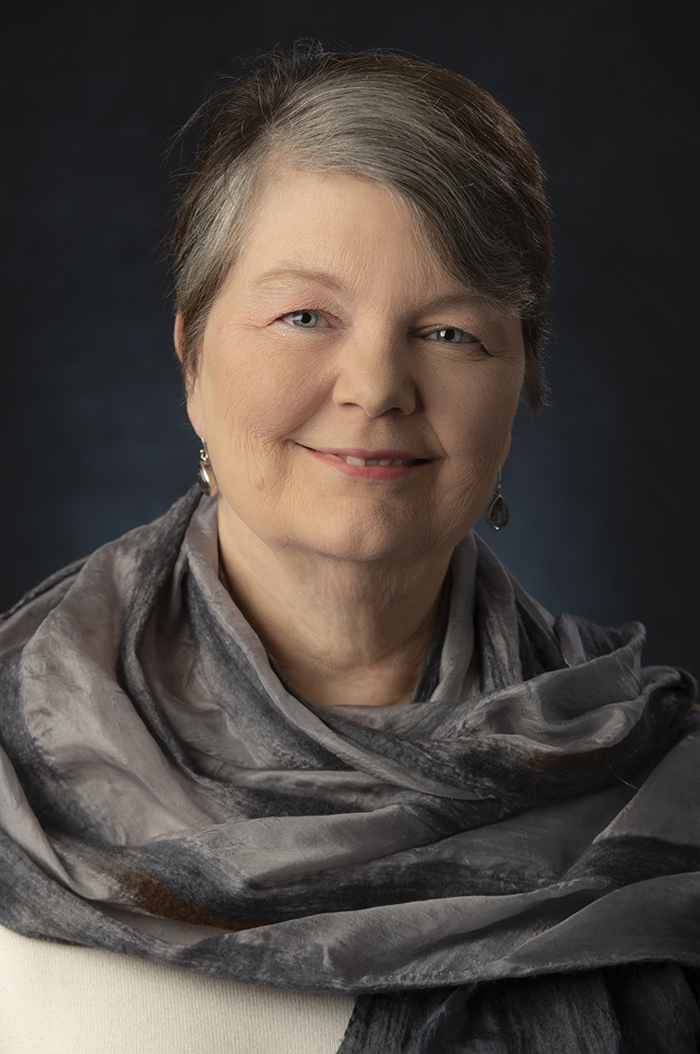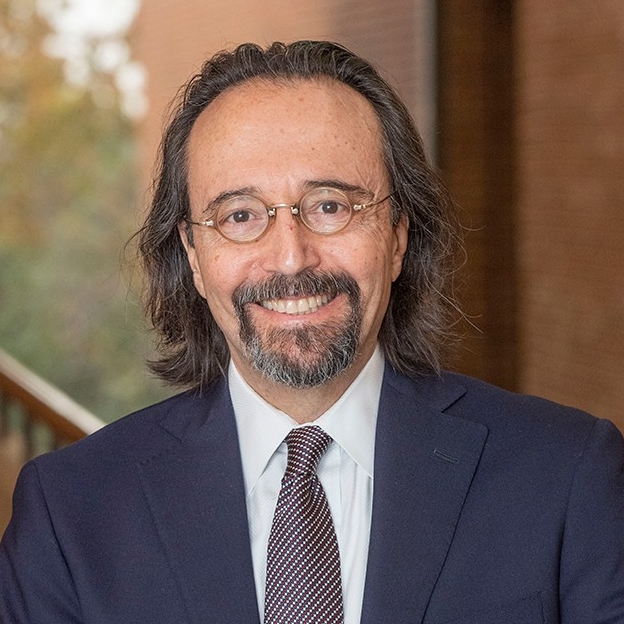By: Pat Longan, William Augustus Bootle Chair in Ethics and Professionalism
Director, Mercer Center for Legal Ethics and Professionalism
Mercer University School of Law
On March 8, 2024, Mercer University Law School and the Mercer Center for Legal Ethics and Professionalism will host a symposium on current issues in professional identity formation. The Mercer Law Review will publish the articles that emerge from the event.
The symposium is the 24th annual Georgia symposium on professionalism and ethics. The series is funded by an endowment that resulted from the settlement of charges of litigation misconduct in a civil case in the United States District Court for the Middle District of Georgia in the 1990’s. That same settlement endowed professorial chairs in ethics and professionalism at Mercer, the University of Georgia, Emory University, and Georgia State. The annual symposium rotates among those four schools.
Mercer’s 2024 symposium will have four main presenters, who will each be followed by two commentators.
David Grenardo of the University of St. Thomas School of Law will present on “How Law Schools Can Help Historically Underrepresented Students Develop Their Professional Identities.” Women, people of color, first gen college and first gen law students, and individuals from the LGBTQIA+ group may have a harder time with their professional identity formation, particularly if they do not have family members, role models, and/or mentors who are lawyers. When you add in structural and institutional racism, sexism, and other forms of discrimination, bias, and prejudice that are a part of the legal system, it makes it that much more difficult for historically underrepresented individuals to know where and how they will fit in as lawyers. David’s presentation will focus on what law schools can do for these students as they develop their professional identities.
The commentators for David’s presentation will be Barbara Glesner Fines from UMKC School of Law and Janice Craft from the University of Richmond School of Law.
Daisy Floyd from Mercer Law will speak on “The Role of Purpose in Professional Identity.” In Educating Lawyers, the Carnegie Report describes the apprenticeship of “identity and purpose” to emphasize the importance of grounding legal education—and the student’s emerging professional identity as a lawyer—in the public purposes of the profession. During the 1950’s, social scientists began to study the role of meaning and purpose in a person’s life, and the advent of positive psychology in the early 2000’s spurred an emerging body of empirical research on the importance of purpose to a fulfilled and meaningful life. This presentation will address what lessons legal educators can learn from purpose studies to inform our work on the formation of professional identity.
Ken Townsend from Wake Forest Law and Harmony Decosimo from Suffolk Law School will be Daisy’s commentators.
Kendall Kerew from Georgia State College of Law has chosen as her topic, “The Rule of Law, the Role of the Public Citizen, and Professional Identity Formation.” The Preamble of the Model Rules of Professional Conduct defines a lawyer as “a representative of clients, an officer of the legal system and a public citizen having special responsibility for the quality of justice,” and charges lawyers as “public citizens” to “seek improvement of the law, access to the legal system, the administration of justice and the quality of service rendered by the legal profession” while also “further[ing] the public’s understanding of and confidence in the rule of law and justice system. . . .” This presentation will explore the intersection of the Preamble’s definition of lawyer with the intentional exploration of law student professional identity formation and training on cross-cultural competence, racism, and bias required by ABA Standards 303(b)(3) and 303(c) as a means to help students discern their role as future lawyers and empower students in their duties to protect the rule of law as the foundation of democracy, provide access to justice, and make change where the law has created injustice.
Kendall’s commentators will be Eduardo Capulong from CUNY School of Law and Kelly Terry from University of Arkansas Little Rock (UALR) William H. Bowen School of Law.
Finally, Aric Short from Texas A&M University School of Law will speak on “Beyond Fiduciary Duties: Developing Discernment to Navigate Conflict in Law Student Professional Identity Formation.” The concept of lawyer as fiduciary is deeply rooted in what it means to be an attorney—it’s integral to our professional identity. Aric’s presentation and paper will explore the concept of the lawyer as fiduciary, including how that label affects well-being messaging and programming in law schools. Aric will identify predictable conflicts that can arise for legal professionals in the areas of values, duties, and priorities and explore how we can more effectively guide students to develop effective skills of discernment to better prepare them for these professional conflicts.
Carwina Weng from LSAC and Lindsey Gustafson from UALR William H. Bowen School of Law will provide the commentary on Aric’s presentation.
The events begin with a dinner for the speakers, invited guests, and Mercer Law Review members the night of March 7 at the Georgia Sports Hall of Fame. The Honorable Tony DelCampo, President of the State Bar of Georgia, will provide the welcoming address. The following day’s program will be held in the Bell-Jones Courtroom at Mercer’s law school.
I extend my thanks to all who have agreed to be part of this event. Anyone who is interested in attending or has any questions about the symposium may contact me at longan_p@law.mercer.edu.
